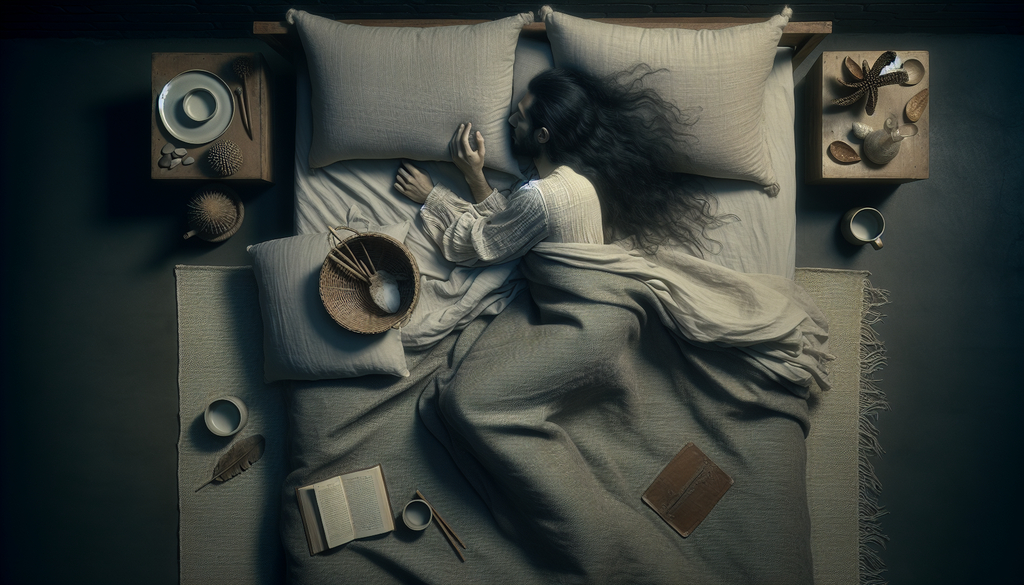The Link Between Sleep and Depression: Exploring the Relationship

Masks Encouraged but Not Mandatory Across Maryland Right Away
With respiratory virus cases dipping in Maryland, masks are strongly advised but no longer obligatory at Johns Hopkins Medicine facilities in Maryland. Learn more.
Vaccines | Masking Guidelines | Visitor PoliciesDepression and sleep problems often come hand in hand. Insomnia sufferers, for instance, are up to ten times more likely to face depression compared to those who sleep soundly. Additionally, 75% of individuals with depression tend to struggle with falling or staying asleep.
What’s the chicken, and what’s the egg? Sleep experts agree that either can trigger the other. Disturbed sleep can impair emotional regulation, opening the door to future depression — even months or years later. At the same time, being depressed can bring about its set of sleep disruptions, such as reducing much-needed slow wave sleep that helps restore the body.
If you are dealing with depression, daily pressures — like financial issues, conflicts with loved ones, or an exhausting commute — can worsen night-time wakefulness or make falling back asleep more difficult than in someone not battling depression.
Recognizing how sleeplessness and depression intertwine is key to identifying risks early, seeking the correct interventions, and recovering completely when both are present. Good rest can help you regain energy and thoroughly enjoy life. Here’s what you need to know about this connection:
Address Sleep Challenges Promptly
Make sure to alert your doctor if you:
- Struggle with falling or staying asleep
- Feel drowsy during the day
- Experience pain or discomfort, or symptoms of obstructive sleep apnea (like gaps in breathing), interrupting your sleep cycle
Therapies like cognitive behavioral therapy for insomnia (CBT-I) or CPAP devices for sleep apnea can help restore restful sleep and reduce risks of onset depression. (For instance, individuals with sleep apnea are five times more likely to develop depression.)
Keep Watch for Depression Symptoms
Pay attention to potential signs such as feelings of despair, difficulty focusing, drop in energy, daytime sleepiness, loss of interest in usual passions, or recurring thoughts about death or suicide. If any of these occur, inform your doctor immediately. (Reach out to 911 in emergencies involving suicide.)
This becomes even more critical if sleep issues are also present. Insomnia could be a sign of depression or a completely separate issue. Clear communication with your doctor ensures they can treat the root cause effectively.
Treat Both Sleep and Depression Simultaneously
When faced with both depression and sleep disturbance, don’t assume that treating one will automatically address the other. While antidepressants, such as SSRIs, may boost mood, they don’t necessarily fix your sleep issues.
On a positive note, research suggests that persisting sleep problems during depression treatments increase the chance of relapse. However, early findings also show that combining CBT-I with depression therapy improves sleep and may heighten the odds of successful depression recovery.